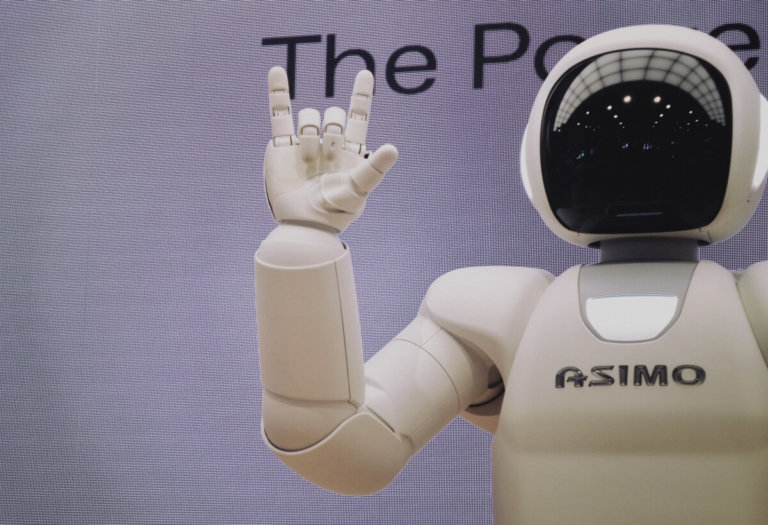
Analysing the presence of Artificial Intelligence (AI) in Asia and the role it will play in the future workplace, Tech Wire Asia (TWA) states that while Asia may not be as connected as Europe, it is more engaged.
“Technology giants such as Amazon, Facebook, and Google all have a finger on the pulse of Asia and understand that digital isn’t part of the region’s fabric just yet.
“However, all of these companies have a strong presence and focus on Asia because the market is incredibly valuable given the number of users in the region – and the future potential of Asian businesses as they decide to spend more on capturing the attention of the users who spend incredible amounts of online,” notes TWA.
A thriving landscape for smart technology and future digitised workplaces, AI in Asia could pose a threat to the continent’s fresh graduates.
The World of #ArtificialIntelligence https://t.co/IdqyUzCrno #AI pic.twitter.com/HrRgkT43r9
— Paula Piccard 🇵🇷 🇺🇸 (@Paula_Piccard) October 6, 2019
QS AI Report 2019
Questioning how AI is influencing graduate employability and the global higher education sector, the latest QS AI Report involves responses from a range of focus groups conducted with prospective students across Asia, based on findings from the QS Global Employer Survey 2019.
Covering five cities in Asia, including Jakarta, Kuala Lumpur, Taipei, Shanghai and Beijing, as well as 20 focus groups and over 50 individual interviews, the students were specifically asked for their views about the impact of AI on the global graduate labour market.
Key Findings:
- 66 percent of those surveyed believed AI would be capable of performing highly skilled jobs by 2030.
- 79 percent of prospective students in the arts and humanities strongly believed that AI would be capable of performing highly skilled jobs by 2030.
- Yet, those within the medicine and health discipline (60 percent) are the least likely to regard AI as a threat to highly skilled jobs.
- And students in Beijing (72 percent), Jakarta (68 percent) and Taipei (65 percent) are most likely to consider AI capable of outperforming highly skilled human labour in the coming year.

Is AI the answer for future workplaces? Source: Joel Saget/AFP
Informative student insights
QS also included a few insightful excerpts, challenging students’ views on AI.
As Mohammed in Jakarta outlines, “I think that AI would impact the employability rate in general, but I’m currently studying geophysical engineering and I think it would be very hard for a robot to replace that because you need to have a deep understanding about the Earth itself and problem solving skills that cannot be copied by some mere algorithm.”
And Sahaf from Jakarta says: “I think that by 2030 AI will be really developed and the robots will be doing all the labour, while the humans just supervise what the robots are doing. I think what’s been proven in our industries is the efficiency, and I fully support that idea.”
Are AI Systems About To Outperform Humans? #ArtificialIntelligence #technology https://t.co/VzmOIIHgk3
— Paula Piccard 🇵🇷 🇺🇸 (@Paula_Piccard) October 5, 2019
Presenting varied opinions, students in the QS survey are still unsure of the implications of AI, yet the majority believe the technology will be capable of performing highly skilled jobs by 2030.
Additionally, those within the medicine and health study fields are least likely to agree that AI will take over their highly skilled roles.
But whether AI will function alongside future graduates in the workplace or take over their roles entirely remains to be seen.
Like this? Then you’ll love…
Meet the tech-savvy eco-warriors our planet desperately needs
Survey reveals the challenges female students face when applying for tech internship







